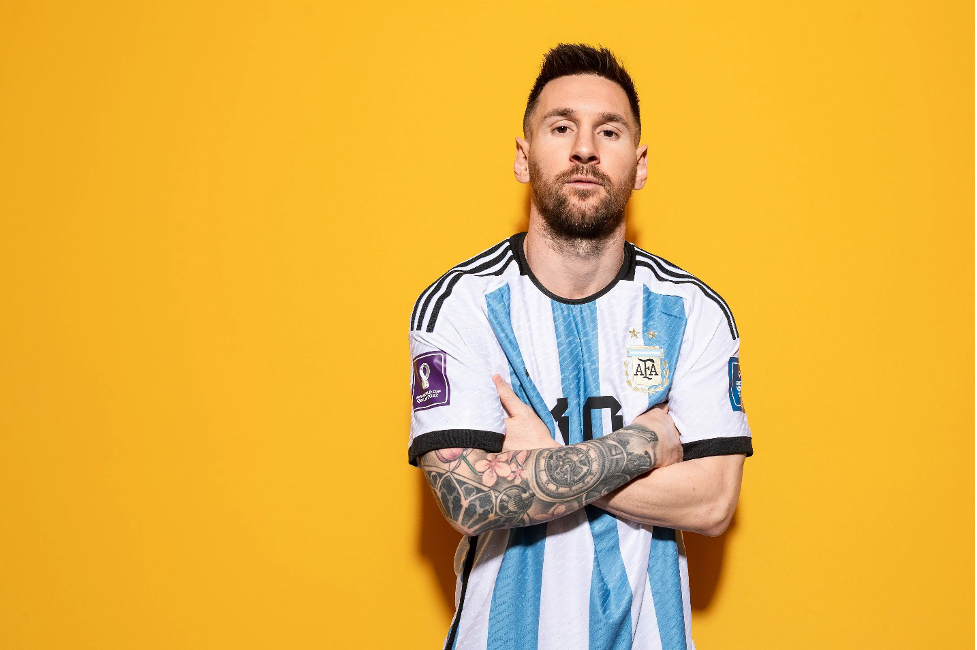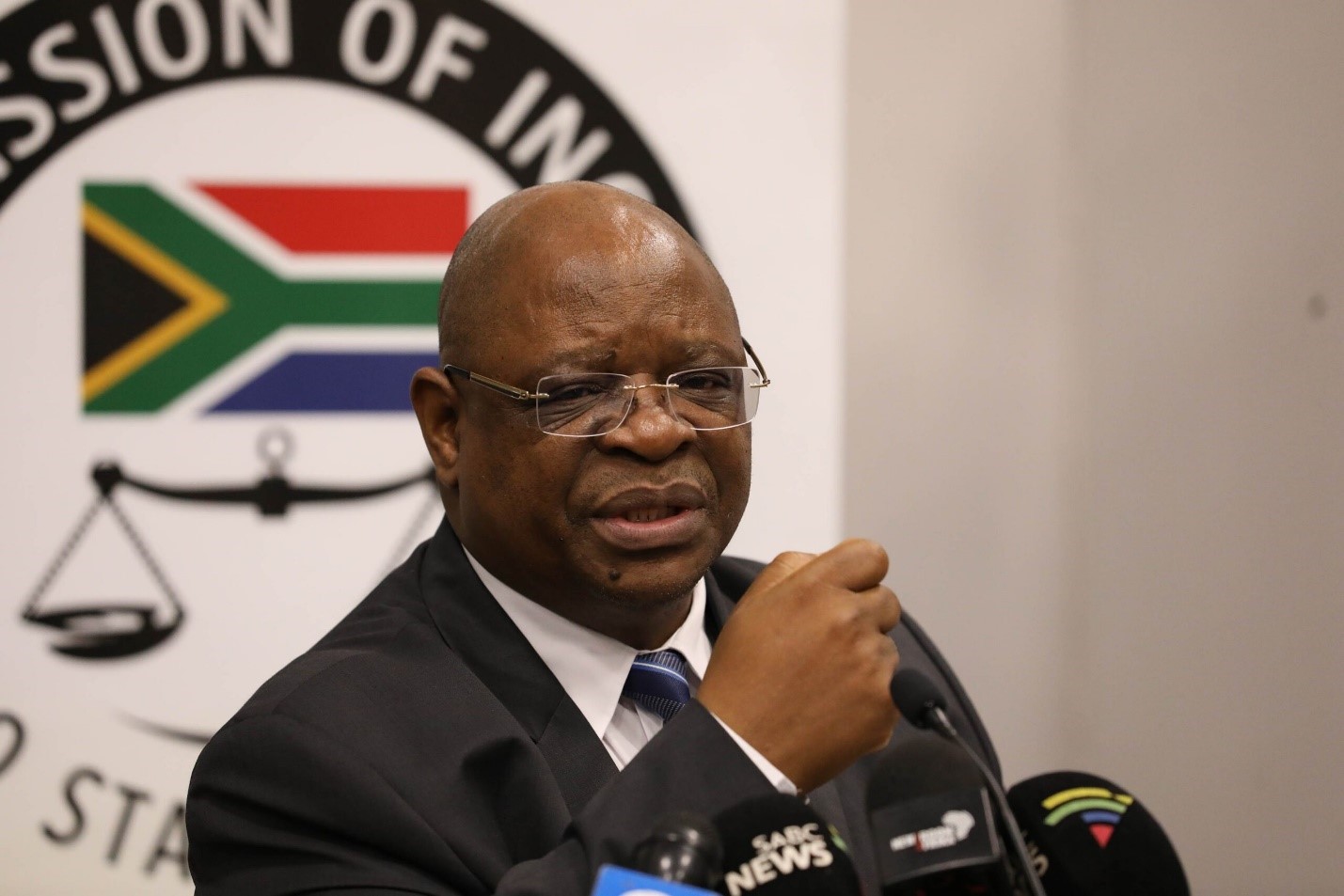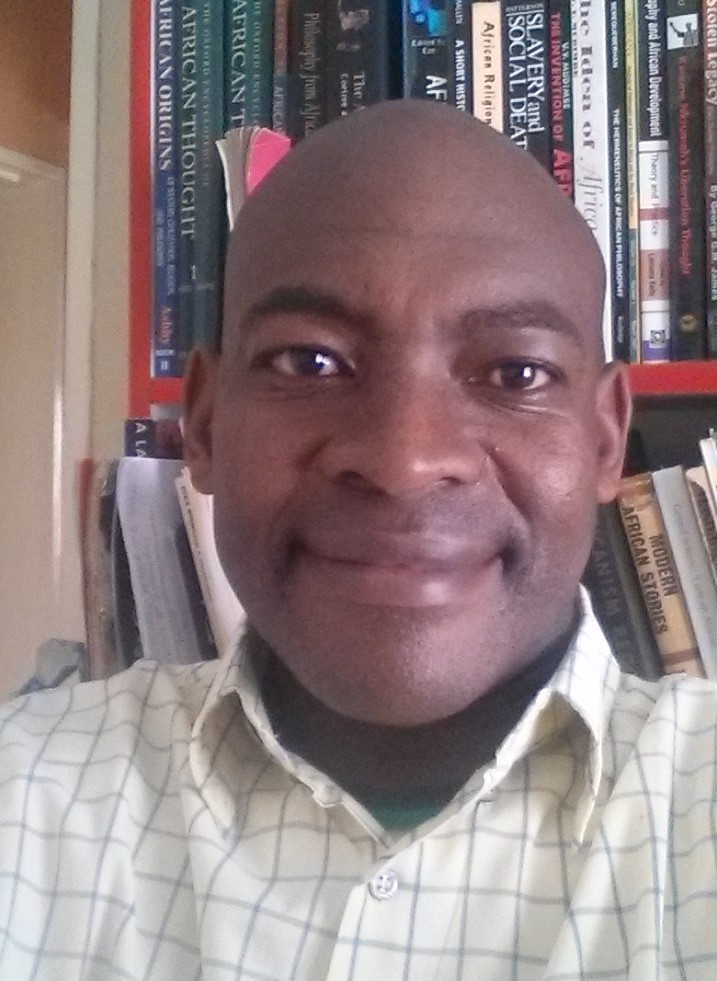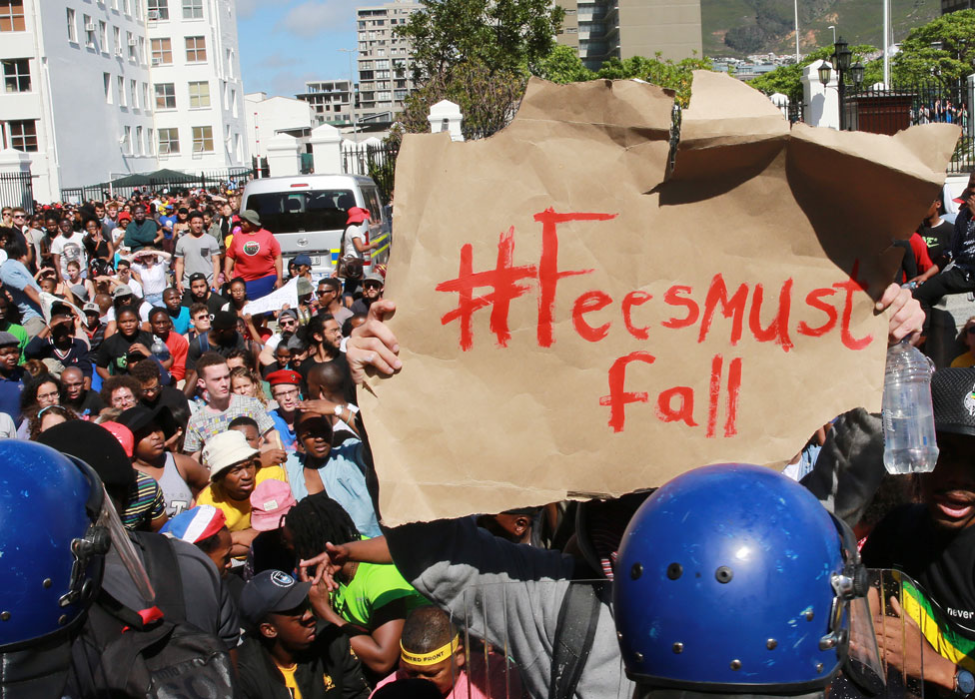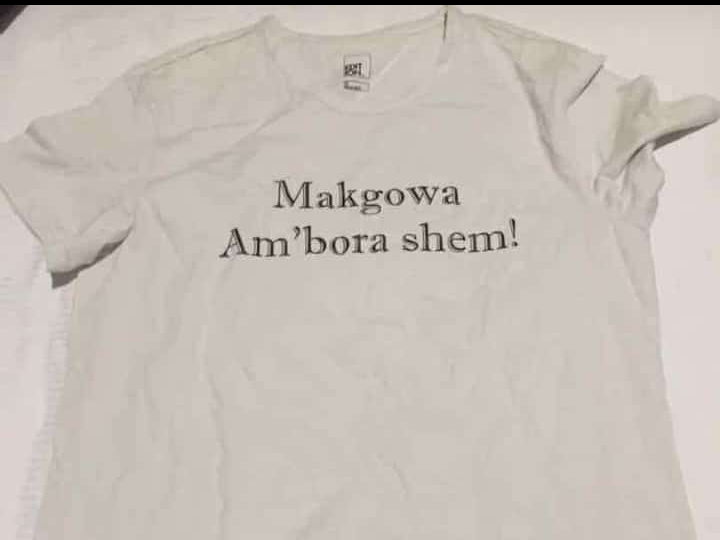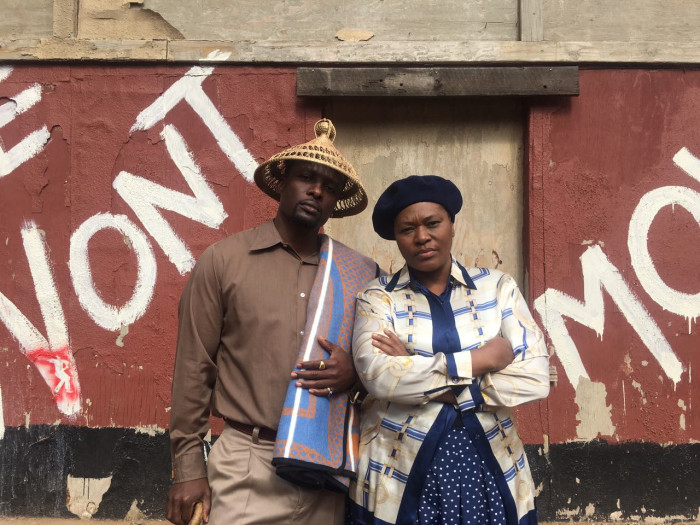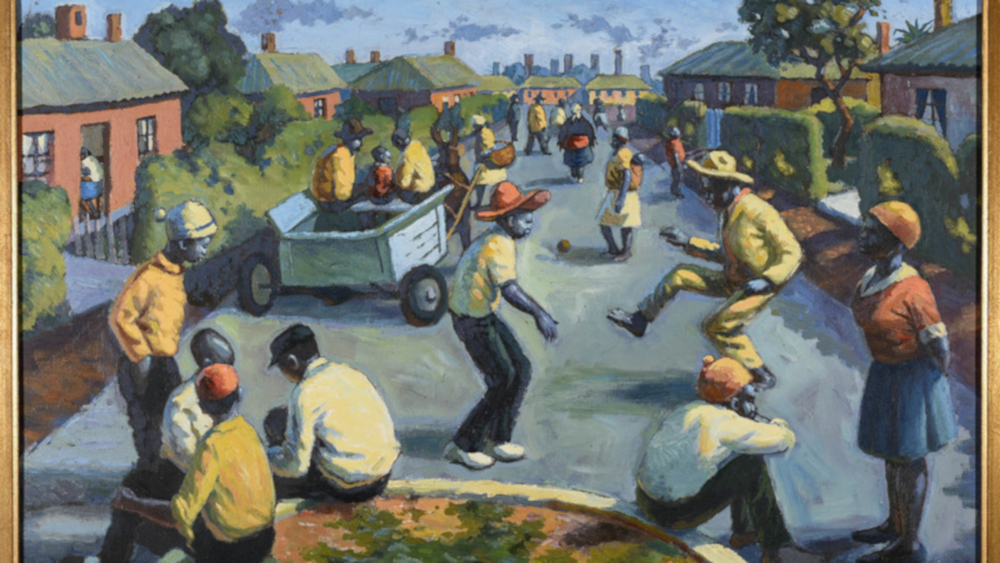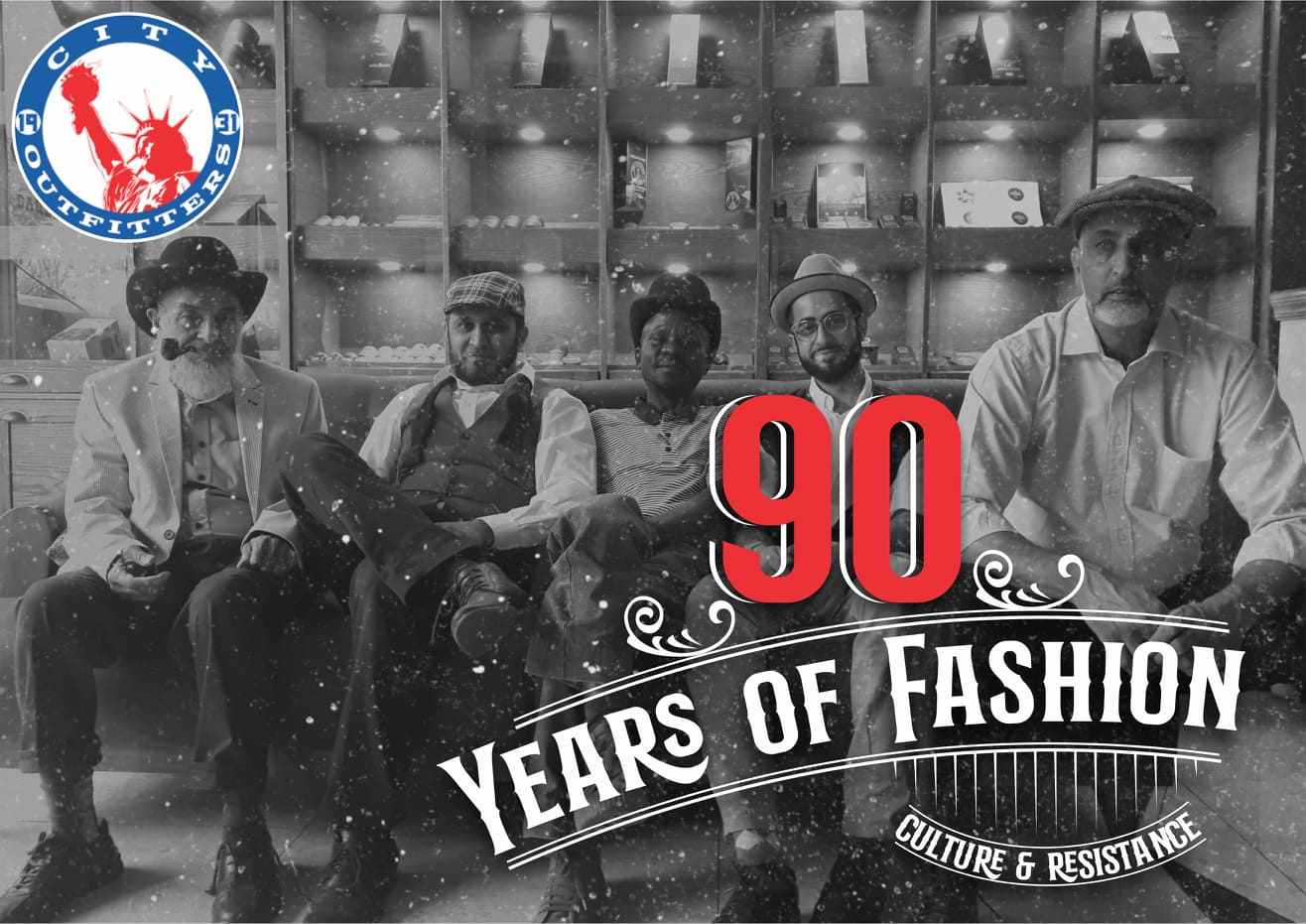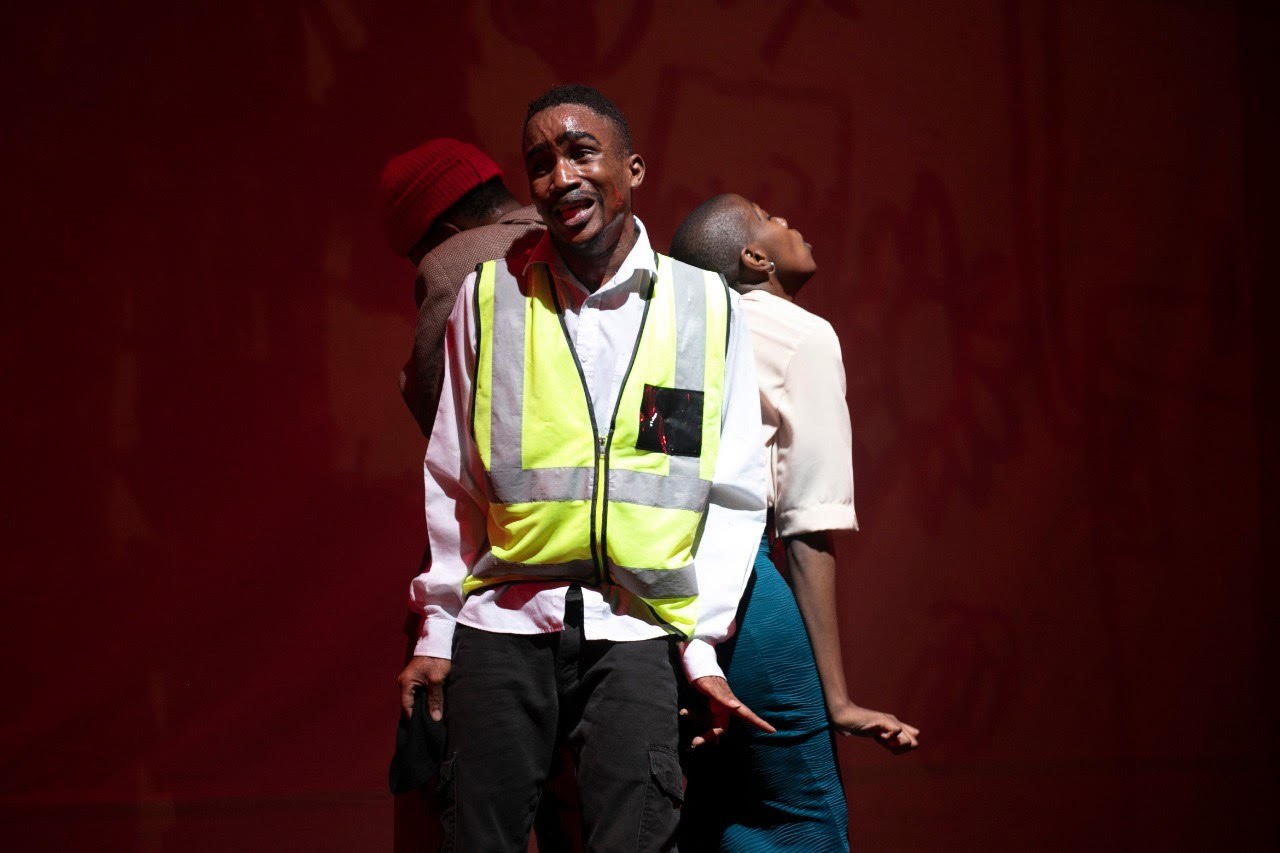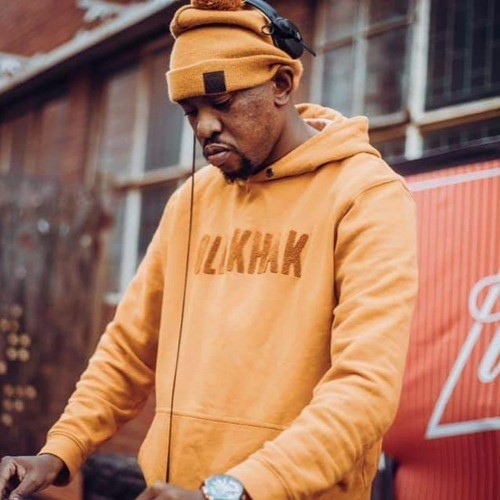Before the Federation International de Football Association or the International Federation of Association Football (FIFA) 2022 World Cup, hosted from 21st November 2022 until 18th December 2022 in Qatar becomes a foggy memory, let’s contemplate what this last quadrennial showpiece has meant, concerning the legacy of Argentina’s talismanic Lionel Andres Messi (35).
Born on 24th June 1987 in La Bajada in Rosario, Santa Fe in Argentina, Messi’s life story is that of a wonder kid, who at the outset had to overcome a medical condition, which was identified by Doctor Diego Schwarzstein (a leading endocrinologist) on 31st January 1997 as a Growth Hormone Deficiency (GHD), which stunts growth.
Messi’s diminutive height earned him nicknames such as El Enano (The Dwarf) or El Pulga (The flea).
Messi’s amateur soccer career commenced at the age of four, when he played for local team Grandoli, coached by Salvador Aparicio (who also coached Messi’s elder brothers Rodrigo and Matias, sadly he passed on in 2008).
Then at six years old, Messi joined Newell’s Old Boys, one of the two professional clubs in Messi’s locale, where it is reported that he scored an estimated 500 goals, a feat which branded him alongside his teammates with the nickname Maquina 87 (The Machine of 87).
An epic move to Barcelona/Catalonia became imminent, after Barcelona Football Club (FC) or Barça or Blaugrana, offered to pay for Messi’s growth hormone treatment.
Messi’s adult height of 1, 69 metres, must thus be understood in the context of that successful surgery, thanks to Barça’s timely financial intervention.
After successful trials at Barça, it still had to take Messi’s father Jorge Horácio Messi (60), to confront Barça with an ultimatum to sign Messi, if Barça wished for him to stay in Catalonia.
As legend would have it, Barça’s Carlos Rexach (an ex- Barça legendary player, later scout and Sporting Director) narrated that in the heat of the moment, he persuaded Jorge Messi by pledging Barça’s commitment, to sign Leo Messi on a napkin.
The rest is history and Jorge Messi, has to date remained the lone agent for his son.
In 2001 the Messi family thus relocated to Catalonia, as Leo Messi enrolled at Barcelona’s Youth Academy nicknamed La Masia where he blossomed, as a football prodigy.
Barça’s Youth Academy was nicknamed La Masia because it was formerly an old Catalan farmhouse erected in 1702 but renovated in 1979 to house Barça’s scouted youth players.
Credit is given to ex-Barça and Netherlands legend Johann Cruyff (1947-2016), because it was during his tenure as the Manager of Barça spanning from 1988 to 1996, when the groundwork was laid to transform Barça into becoming one of the powerhouses of global football.
Cruyff introduced a playing style that sought to apply a philosophy of ‘total football’, which mainly drew from his experience during his tenure as a player of the Netherlands national squad combined with his tenure as a Barça player in La Liga.
The latter summarily became recognized as Barça’s “Catalan one-touch play” and the art of La pausa (which lures opposition out and creates spaces that fluid forwards can exploit), both of the latter adhered to the philosophy of “pass and move”.
Pep Guardiola (a La Marsia graduate and Barça coach from 2008-2012) built upon Cruyff’s aforementioned playing style.
Guardiola is erringly called the father of tika-taka or tiki-taka.
It was actually a Spanish commentator who coined tika-taka, when describing Barça’s style of play under coach Guardiola.
Messi is synonymous with the tika-taka style at Barça, which is a tactical playing style, anchored by nimble attacking midfielders whose movements are intended to open and split defences, in pursuit of scoring a goal.
Sadly not all graduates who excelled at La Masia lived up to expectations for varying reasons. Examples that top the list of such players include Catalan natives Victor Vazquez (35) an attacking midfielder, Juanjo Clausi (35) a left winger, Mexican Giovanni Dos Santos (33) and Messi’s distant cousin Catalan native Bojan Krkic (32) an attacking midfielder.
Messi in contrast has ascended to the apex of the football galaxy.
Messi’s latest milestone in his ongoing fairytale career has climaxed due to his latest feat in the FIFA 2022 World Cup.
Owing to Messi’s latest victory, the pertinent question that has continuously stood out from football spectators worldwide, has been what may be the appropriate reply to the debate seeking which soccer player may colloquially be referred to as the Greatest of All Time (GOAT).
Previously, during and currently in the aftermath of the FIFA 2022 World Cup, the lingering question continuously posed continues to be that of whether or not Messi’s incredible accomplishments, throughout his football career, have not alas earned him the envious consideration, as messiah or GOAT of football.
Regardless whether you are a soccer enthusiast or not, typical of the euphoria of FIFA World Cups dating back to their inception in 1930 (hosted and won by Uruguay), the 2022 World Cup has also spiked interest pondering Messi as the GOAT.
The following summary of Messi’s accolades may illumine why many folks erroneously argue Messi as being the GOAT.
At present he currently plays as a forward for Paris- Saint-Germain in France and captains Argentina (fondly known as the La Albiceleste).
He has already won the French Ligue 1: 2021–22 and Trophée des Champions (also known as the French Super Cup) with Paris Saint-Germain in 2022.
Messi won the FIFA Under 20 World Cup in 2005 (hosted in the Netherlands).
He won his first “Golden Ball” (awarded to the best player of the tournament) and the “Golden Boot” (awarded to the top goal scorer of the tournament).
He then won the Olympic Gold Medal as part of Argentina’s Under 23 squad in 2008 (hosted in Beijing China).
Messi’s tally of 16 goals, has made him the all-time top scorer in Olympic football. He has won a staggering seven Ballon d’Or awards.
The latter record justifies why in 2020 he was drafted into the Ballon d’Or Dream Team.
Amongst others, the latter team included Brazil’s Pele (1940-2022), his childhood idol Argentina’s Maradona (1960-2020), Netherlands legend Johann Cruyff (1947-2016), Argentinean Alfredo Di Stefano (1926-2014) and his career rival Cristiano Ronaldo (37).
Messi has won a record 6 Soulier d’Or or European Golden Shoes, for being the leading goal scorer in a European league.
Messi spent the bulk of his professional career at Barcelona (2004-2021) and won 35 trophies (a club record) for Barça or Blaugrana.
The latter club trophies entail 10 La Liga titles in Spain, seven Copa del Rey titles (the Campeonato de España–Copa de Su Majestad el Rey, is an annual knockout football competition, organised by the Royal Spanish Football Federation), since 2010 season Messi has won the Pichichi Trophy eight times (awarded by sports newspaper Marca to the top goal scorer in la liga) and four Europa Conference League (UEFA) Champions Leagues.

Messi holds the record for most goals in La Liga (474), most hat-tricks in La Liga (36), the UEFA Champions League (8) and most assists in La Liga (192) and the Copa América (17).
As part of his national duty, after previous failed attempts he finally captained the La Albiceleste to victory in the 2021 Copa América and won the CONMEBOL–UEFA Cup of Champions in 2022, (this is an official intercontinental football match organised by CONMEBOL and the UEFA and contested by the winners of the Copa América and UEFA European Championship).
Messi has won “Argentina’s Footballer of the Year” 14 times.
Alas, Messi closed off 2022 with a ‘FIFA World Cup’ and a second FIFA “Golden Ball Award”.
He won his first “Golden Ball” at the FIFA 2014 World Cup (hosted in Brazil) when the La Albiceleste lost in the final match to Germany.
Messi has now broken the record for the most appearances in FIFA World Cup tournaments, after having played in 26 matches.
Messi is currently Argentina’s highest goal scorer with 98 goals.
Messi has scored over 790 senior career goals for Barcelona and La Albiceleste and has the most goals by a player for a single club (672).
Such accolades prove Messi as a worthy contender.
Notwithstanding Messi’s listed mercurial accolades, multitudes of football spectators, subjectively (instead of objectively) interpreted Messi’s final World Cup victory, as the occasion to justify him as the GOAT.
FIFA tweeted “The GOAT debate is settled. The ultimate prize is now part of the collection. The legacy is complete”.
Unfortunately, the latter observation may be meritorious, only as far as the feud, against Messi’s career rival Cristiano Ronaldo, who has never won the FIFA World Cup.
A website dedicated to the rivalry entitled Messi vs. Ronaldo – All Time Career Goals and Stats details why Messi clearly wins that contest.
The absence of a clear method as an analytical tool may explain the repartee obsession over Messi vs. Ronaldo in the quest of football’s GOAT.
The aforesaid website must be lauded as it provides 13 transparent categories that methodically help to determine, who the better soccer player between Ronaldo and Messi is.
The categories are paraphrased as follows:
- who is the highest goal scorer;
- who has the highest number of assists;
- who is the best passer;
- who is the best dribbler;
- who is the best header of the ball;
- who is the best shooter;
- who is the best penalty taker;
- who is the best at taking free-kicks;
- who has scored the most hat tricks;
- who has the most individual awards;
- who has won the most trophies;
- who has the most records and alas
- who was the best player at international level?
The latter categories may be lauded as a point of departure, in the broader quest for the GOAT.
I propose that since Ronaldo has methodically been compared to Messi and lost, attention must shift to focus on the earlier listed legends for the Ballon d’Or Dream Team selected in 2020.
I list them here in the order that they have been listed as “Football Players of the Century”: Pele, Maradona, Johann Cruyff, and Alfredo Di Stefano.
I insist that unless Messi is methodically compared with the aforesaid legends, he can’t be claimed either as the messiah or the GOAT of football.
* Dr. Tshepo Mvulane Moloi is a Postdoctoral Research Fellow at Ali Mazrui Centre for Higher Education Studies (AMCHES) at the University of Johannesburg.

